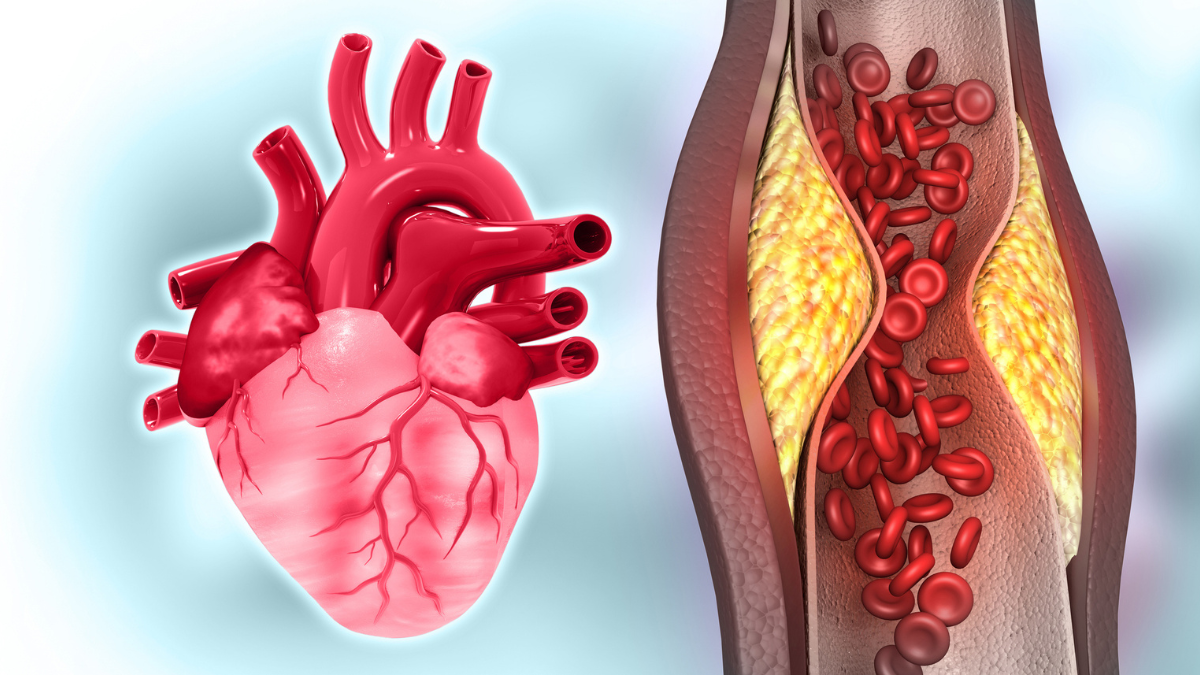New guidelines urge regular screenings to prevent peripheral arterial disease complications
An international group of cardiologists, angiologists and vascular surgeons is urging regular screening to help prevent complications in people with Peripheral Arterial Disease (PAD).

PAD is a common condition where a build-up of deposits in the arteries restricts blood supply to the leg muscles. While many people with PAD show no symptoms, some may experience a painful ache in their legs when walking, which typically disappears after a few minutes of rest. While PAD is caused by blocked arteries in the legs, it is often an early sign of artery blockages in the brain and heart. Early detection and treatment of PAD greatly reduces the risk of serious conditions such as amputations, heart attacks, and stroke.
The new European Society of Cardiology (ESC) Guidelines, co-authored by researchers from the University of Surrey, also highlight that personalised treatment plans, which can include a simple walking regimen and healthy diet, could benefit the almost 300 million people living with PAD globally. The guidelines also recommend a new and more reliable method to detect PAD, developed at Surrey, called the estimated ankle brachial pressure index.
The guidelines further encourage the use of mobile apps to manage PAD and ensure that patients adhere to their personalised treatment plans.
The guidelines also emphasise the use of lipid-lowering treatments designed to reduce the amount of “bad” cholesterol (LDL) in the blood. These treatments help to prevent fatty build-ups in the arteries, which can block blood flow. The guidelines recommend aiming for very low LDL cholesterol levels to provide better protection for the heart and blood vessels.
If lifestyle changes such as diet and exercise, alongside standard medications like statins, don’t lower cholesterol enough, the guidelines advise additional treatments. These include PCSK9 inhibitors, which can significantly reduce LDL cholesterol for people who struggle to reach their targets with statins alone, and bempedoic acid, an alternative for those who cannot tolerate statins or need extra support to lower their cholesterol levels.
In addition, the guidelines highlight the important role of early and efficient treatment of blockages, which can in most cases be achieved with catheters, and so do not require surgery.
The guidelines have been published in the European Heart Journal.
Featured Academics
Media Contacts
External Communications and PR team
Phone: +44 (0)1483 684380 / 688914 / 684378
Email: mediarelations@surrey.ac.uk
Out of hours: +44 (0)7773 479911
